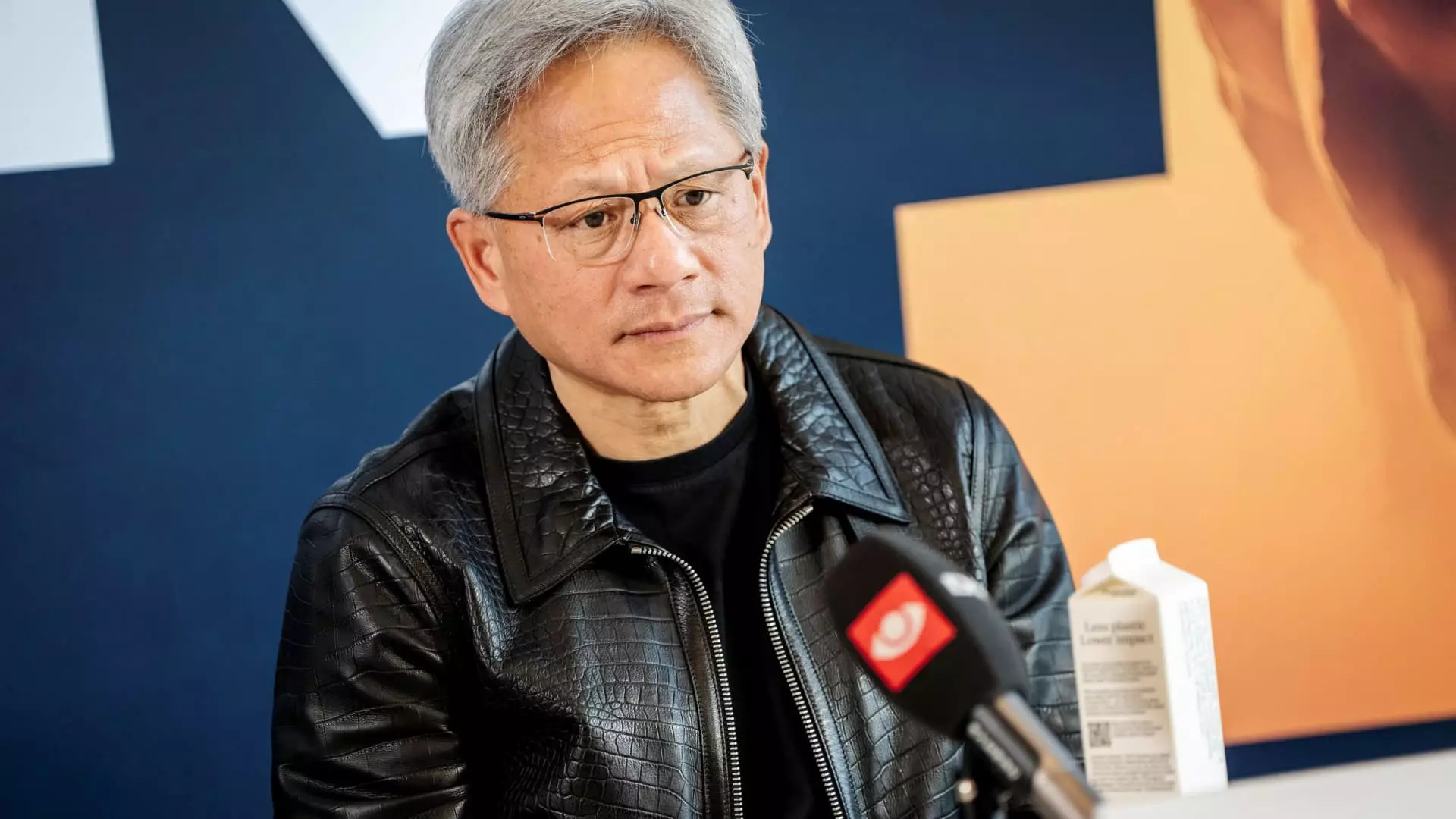In a surprising statement during Nvidia’s analyst day, CEO Jensen Huang cast a shadow over the expectations surrounding quantum computing, asserting that practical and effective quantum computers are still years away from realization. His comments, specifically suggesting a timeline of 15 to 30 years for the emergence of truly useful quantum technology, have sent ripples through the already volatile quantum computing market. By framing 20 years as a more plausible estimate, Huang’s words have ignited skepticism among investors, causing them to reassess the potential of a sector long heralded as the next big technological frontier.
Market Reaction: A Reality Check for Investors
Following Huang’s remarks, stocks associated with quantum computing experienced a significant downturn. Rigetti Computing plummeted by an alarming 25%, while IonQ saw a decline exceeding 13%. D-Wave Quantum and other related assets, including the Defiance Quantum & AI ETF, did not escape the fallout, with declines of over 19% and 3% respectively. This immediate market response highlights a critical point: investor sentiment is heavily influenced by leadership in technology companies, particularly when those leaders cast doubt on future innovations.
The timing of Huang’s comments could not have been more ironic. The quantum sector had been buoyed by a wave of enthusiasm propelled by Google’s announcement regarding its new Willow chip, which reportedly outperformed its earlier model in terms of error reduction. This groundbreaking news had led to an optimistic rush in stock values, with Rigetti and D-Wave recording staggering increases of 1,449% and 854% respectively over the preceding months. Huang’s assertions, however, have brought those soaring expectations crashing back down to Earth.
Long-Term Viability: The Quest for Quantum Solutions
Beyond immediate market ramifications, Huang’s statements raise critical questions about the long-term viability of quantum computing as a transformative technology. While the dream of quantum dominance captivates the imagination of researchers and investors alike, his cautionary tone underscores the complexity and the multifaceted challenges inherent in the technology’s development. Despite the early fantastical promises, tangible applications remain limited, and many industry analysts warn that the path to discovering definitive leaders in this nascent sector is fraught with uncertainty.
Companies like Quantum Computing, which announced a stock offering as part of their efforts to raise $100 million, saw their shares plummet by 21% in response to the negative sentiment. There is a growing acknowledgment among stakeholders that the current state of quantum computing may still be too immature to predict concrete applications or identify market leaders, leaving many hesitant to commit further investment in the sector.
As the quantum computing ecosystem navigates through this critical juncture, the industry must reconcile enthusiasm with realism. Investment strategies may need reevaluation in light of Huang’s projections, as stakeholders consider the implications for their portfolios and technological pursuits. While optimism still lingers regarding the potential of quantum computing, leaders in the field, including Nvidia, may play a pivotal role in shaping the course of its destiny. The discussion initiated by Huang serves as a reminder that transformative technology often requires patience, persistent innovation, and an understanding of the gradual nature of scientific advancement.

